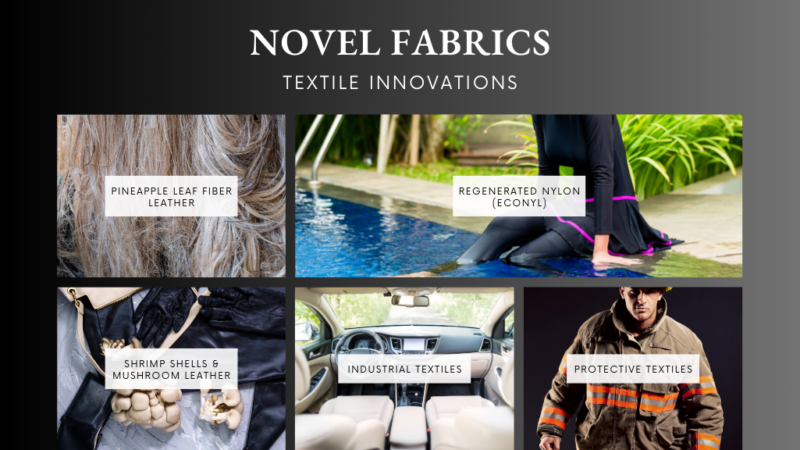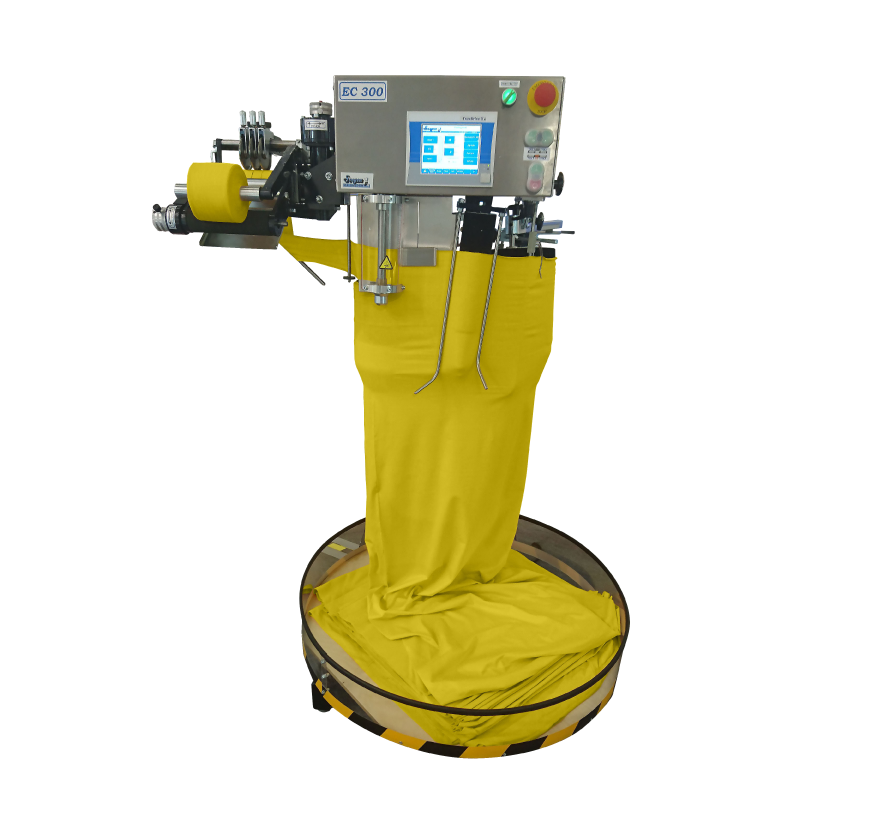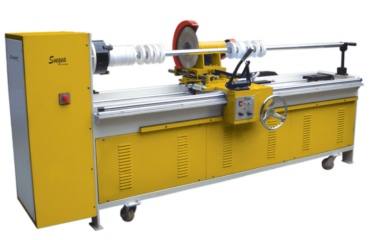In recent years, advancements in technology and a growing emphasis on sustainability have fueled the development of novel fabrics. These textiles are engineered to possess unique properties that challenge the boundaries of traditional materials.
Let’s explore some exciting innovations:
1. Algae-Based Fabrics
Keel Labs has introduced Kelsun, an algae-based material that looks and feels like natural fiber. Derived from algae, Kelsun offers a sustainable alternative to petroleum-based synthetics. It has already appeared in collections by designer Stella McCartney.
2. Shrimp Shells and Mushroom Leather
TomTex, another trailblazer, uses shrimp shells and mushrooms to create proprietary materials that mimic leather, suede, and even latex. These alternatives are not only eco-friendly but also versatile. Peter Do’s Spring 2023 faux leather and Dauphinette’s Fall 2024 handbags feature TomTex materials.
3. Pineapple Leaf Fiber Leather
Piñatex is an innovative leather alternative made from pineapple leaf fibers, a byproduct of pineapple harvest. It’s both sustainable and stylish, making it a favorite among eco-conscious designers.
4. Regenerated Nylon (Econyl)
Econyl is a regenerated nylon made from recycled materials, including discarded fishing nets and fabric scraps. It’s a step toward reducing plastic waste and promoting circular fashion.
5. Geotextiles
These specialized fabrics find applications in civil engineering and construction. Geotextiles are used for drainage, soil stabilization, and erosion prevention.
6. Protective Textiles
Designed to shield users from various hazards, protective textiles are crucial in industries such as chemical handling, firefighting, and the military. They protect against chemicals, heat, and even ballistic impact.
7. Industrial Textiles
These textiles serve industrial purposes, including automotive applications. Automobiles utilize them for insulation, upholstery, seat belts, and airbags.
Sustainability and Functionality
Novel textile manufacturers engineer them to repel water, resist flames, or exhibit antibacterial qualities. These features enhance their functionality and sustainability in various applications.
Svegea’s Collarette Cutting Machines
As we delve into the world of novel textiles, we must acknowledge the role of cutting-edge machinery. Svegea, a Swedish company, specializes in Collarette Cutting Machines. These machines efficiently cut fabric collars, cuffs, and other textile components, contributing to sustainable production processes.
The fashion industry’s shift toward novel textiles reflects a commitment to environmental responsibility. As designers and consumers embrace these innovations, we move closer to a more sustainable and functional future.






